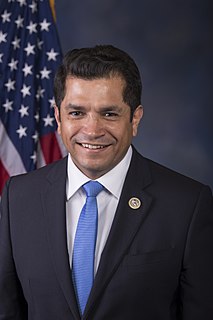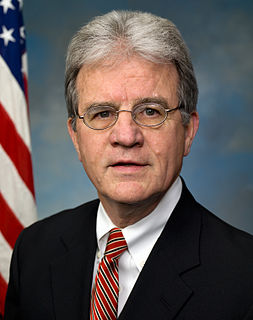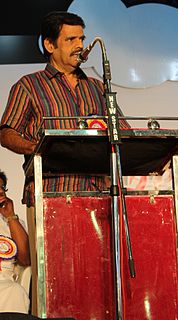A Quote by Samuel Taylor Coleridge
A Court has no right to strain the law because it causes hardship.
Related Quotes
The Supreme Court is about the Constitution. It is about constitutionality. It is about the law. At its bear simplest, it's about the law. It is not about the Democrat Party agenda. Because that's what it's become. The whole judiciary has become that because that's the kind of people they have put on various courts as judges, and every liberal justice on the Supreme Court is a social justice warrior first and a judge of the law second. And if they get one more, then they will have effectively corrupted the Supreme Court.
In its proper meaning equality before the law means the right to participate in the making of the laws by which one is governed, a constitution which guarantees democratic rights to all sections of the population, the right to approach the court for protection or relief in the case of the violation of rights guaranteed in the constitution, and the right to take part in the administration of justice as judges, magistrates, attorneys-general, law advisers and similar positions.
The real debate is we've had an activist court, and the American people don't want an activist court. And the real fear from those who might oppose Samuel Alito is that he'll bring the court back within a realm where the American people might want us to be with a Supreme Court; one that interprets the law, equal justice under the law, but not advancing without us advancing, the legislative body advancing, ahead of him.







































